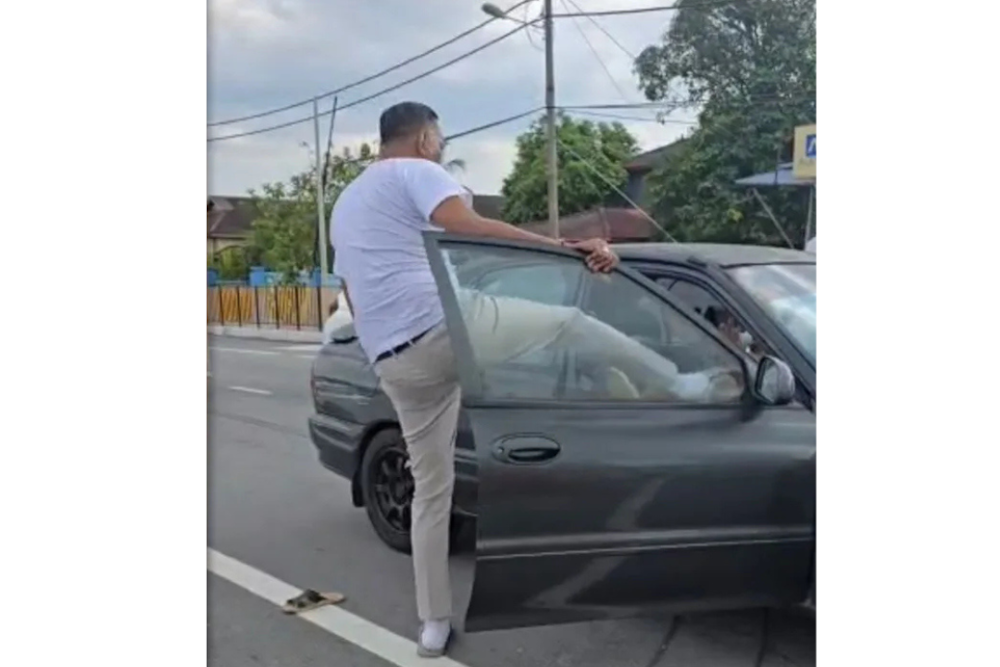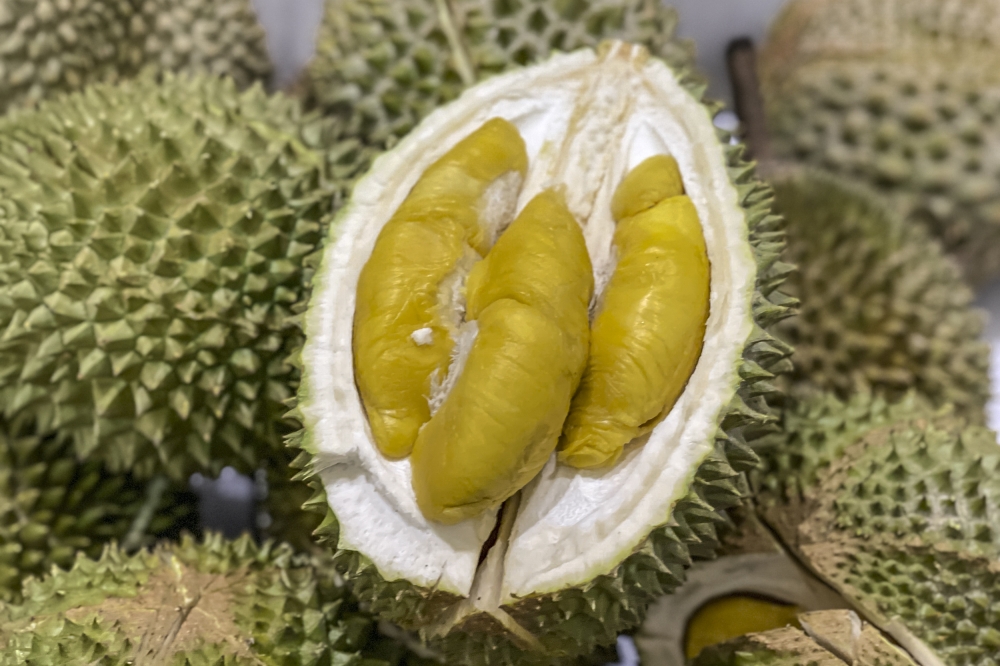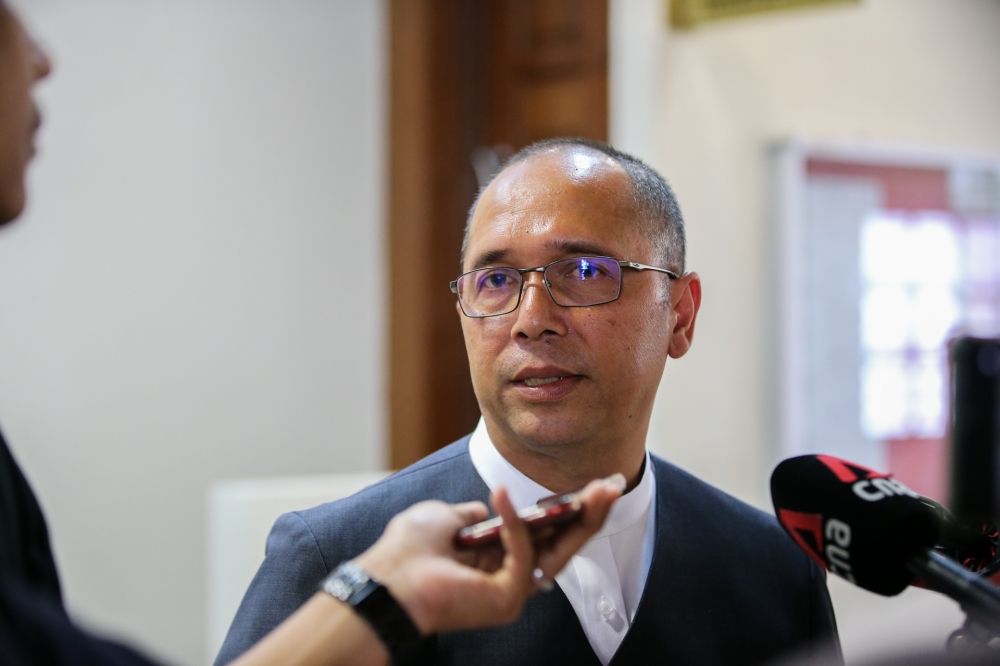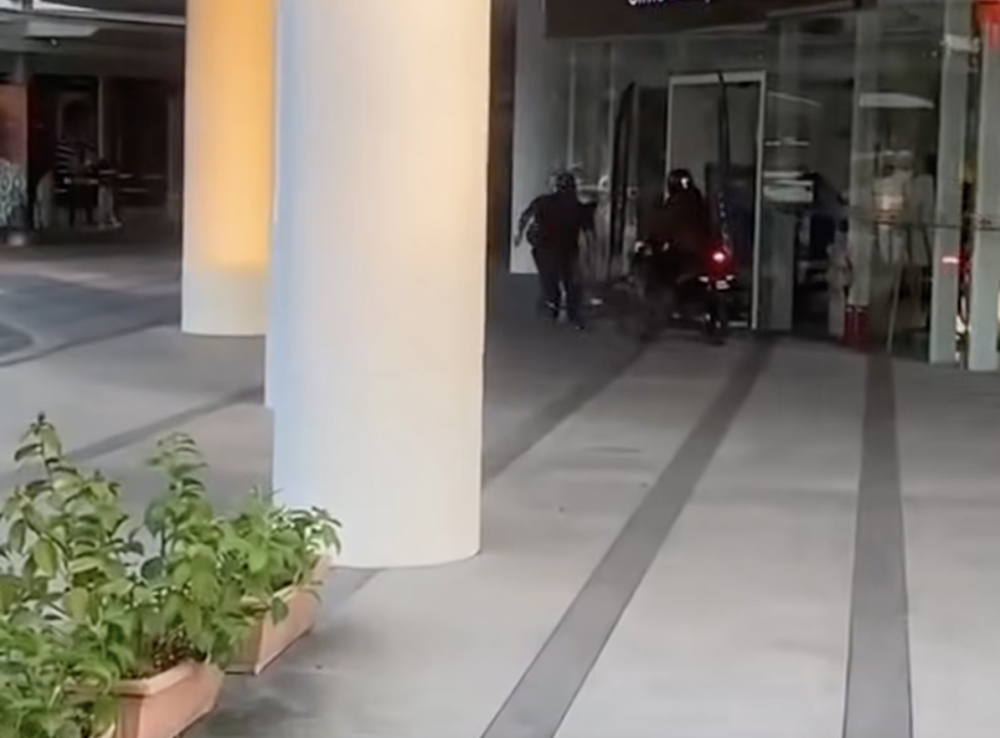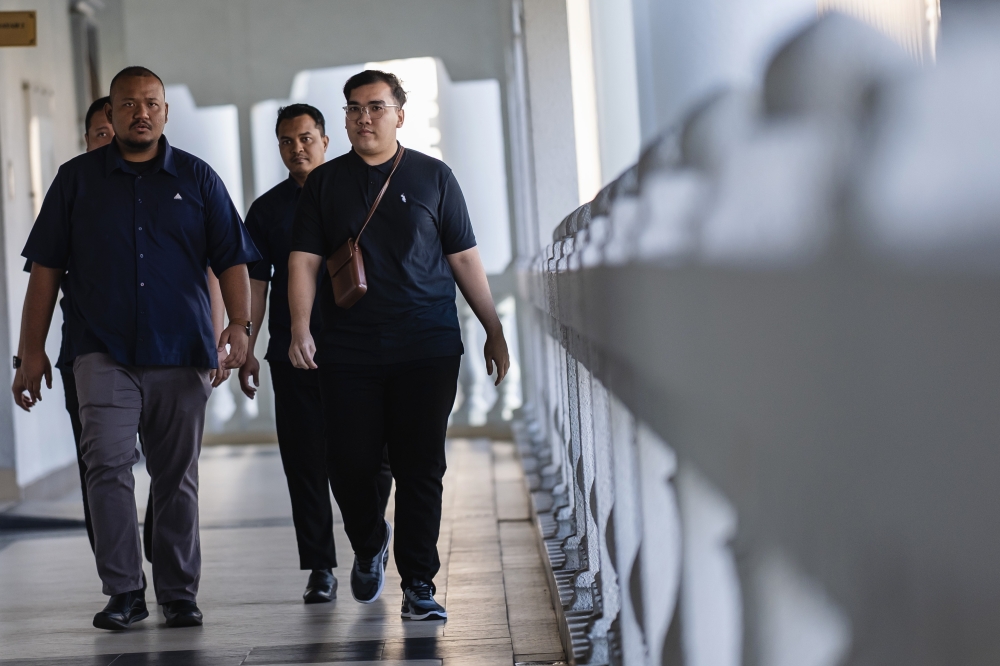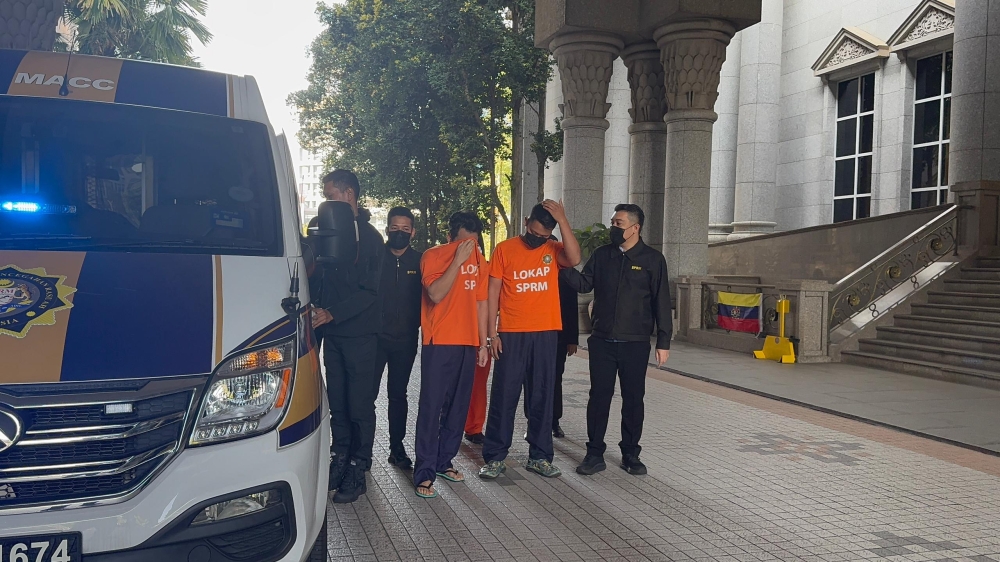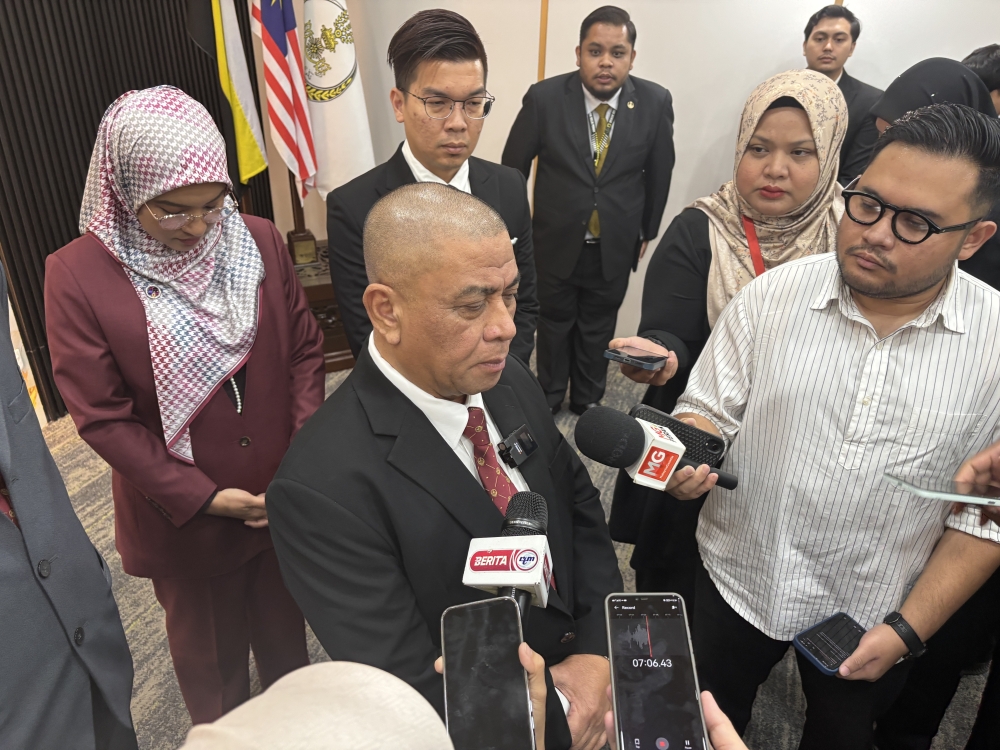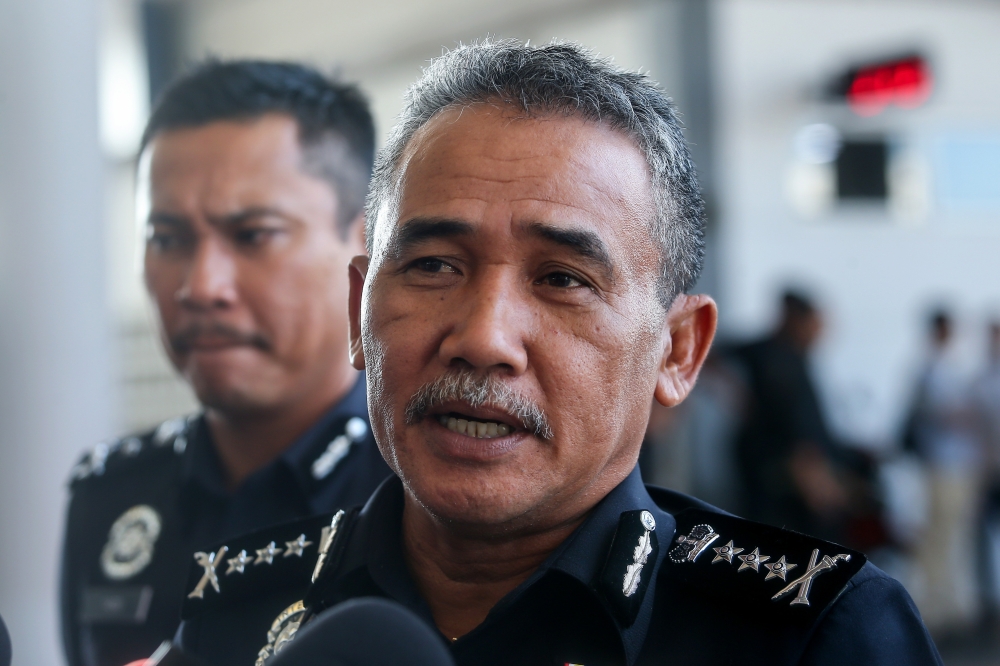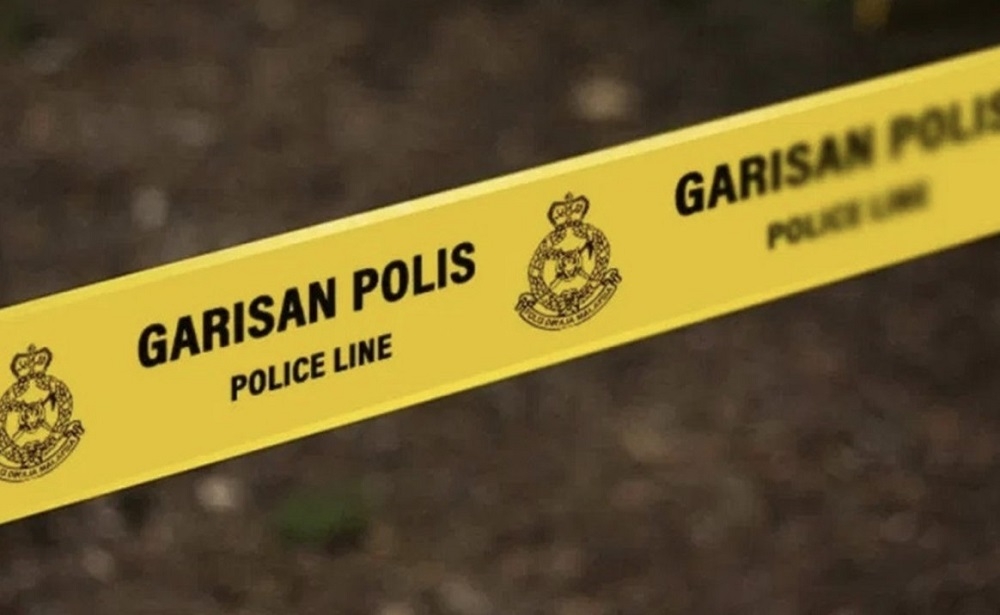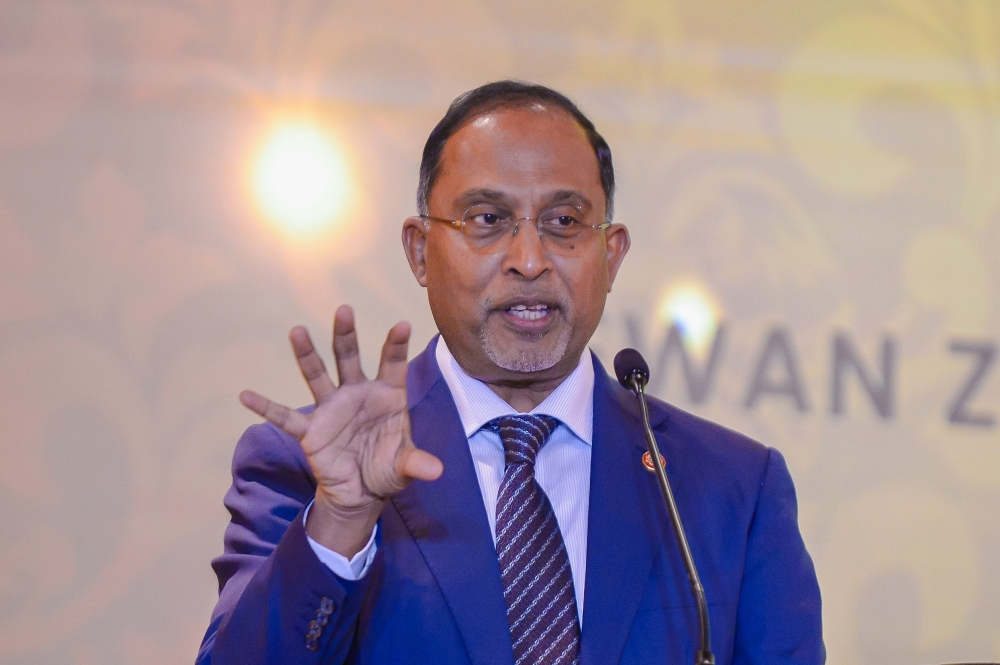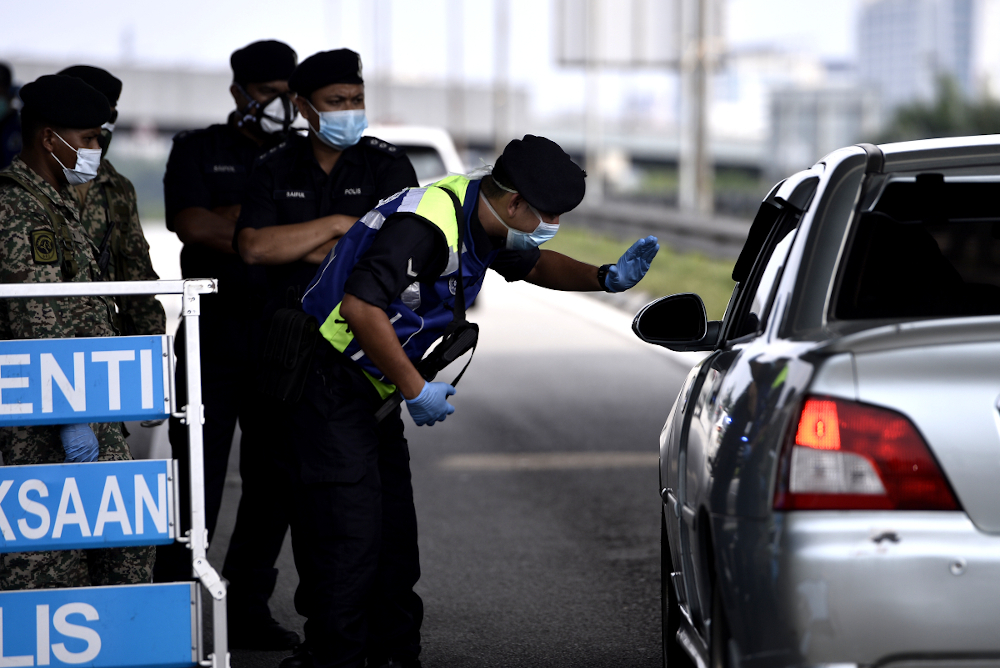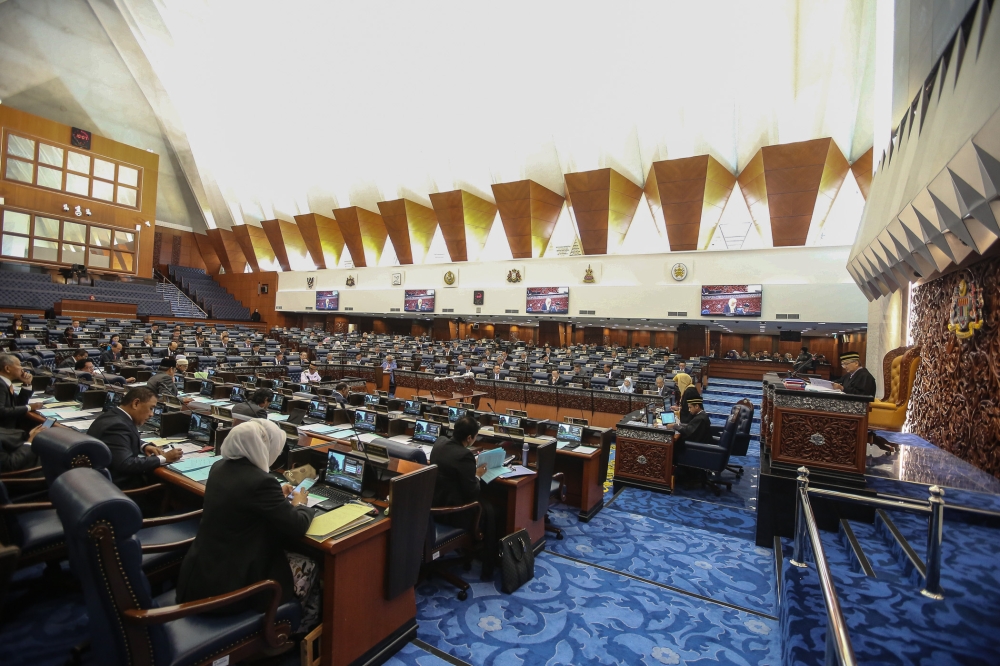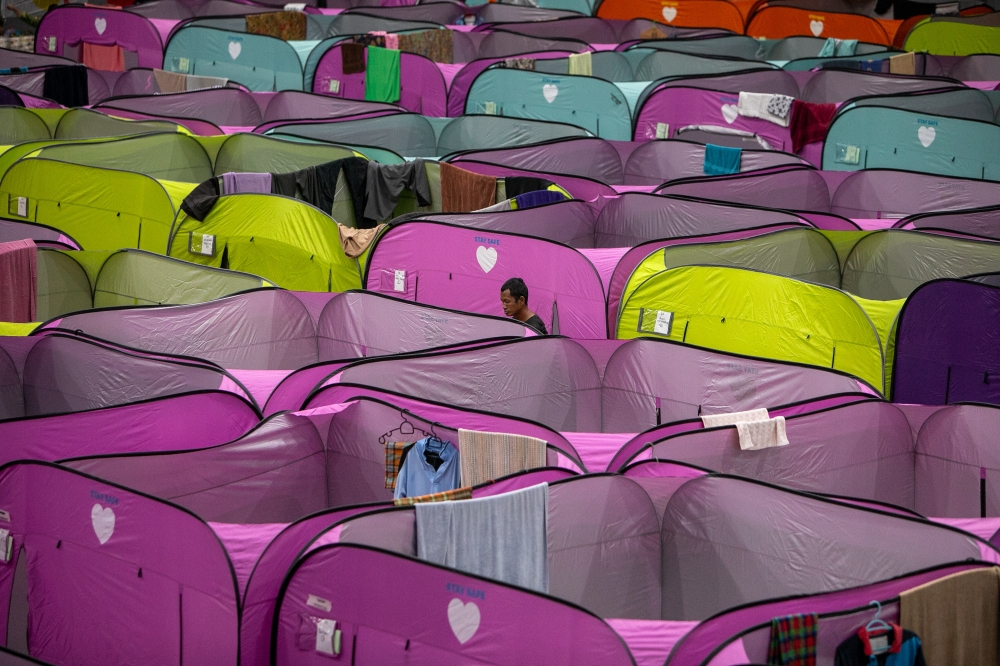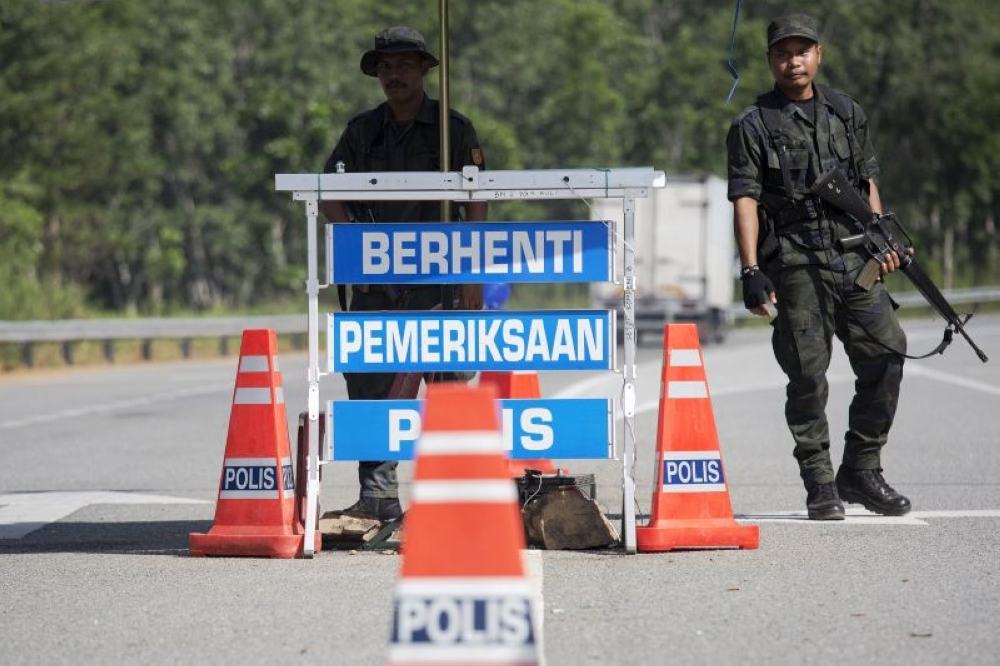KUALA LUMPUR, March 21 — A total of 3,170 new Covid-19 cases in Malaysia from January this year up to today can be traced back to trips between states in the country, the Health Ministry announced today.
Health director-general Tan Sri Dr Noor Hisham Abdullah said the 3,170 cases recorded from January 1 to March 21, 2021 were cases that were interstate cases, or cases which were reported in a state but believed to have originated from other states due to interstate travel.
The three states that recorded the highest number of Covid-19 cases imported from other states during this period are Kedah at 714 cases (22.5 per cent of the 3,170 cases), Perak at 582 cases (18.4 per cent), and Negri Sembilan at 370 cases (11.7 per cent).
During the same period of almost three months, imported cases originating from interstate travel were also recorded in Terengganu (342 cases), Pahang (310), Kelantan (255), Melaka (187), Sarawak (184), Johor (153), Perlis (33), Labuan (18), Penang (12), Selangor (three), Sabah (three) and Kuala Lumpur (four).
As for interstate clusters, which is where the index case or first case detected had been infected from other states and which then resulted in local transmissions, the number of such interstate clusters had shown an increase since the third wave of Covid-19 cases started in Malaysia on September 20, 2020.
Following the increase in such interstate clusters, the federal government had announced the return of the movement control order (MCO) and a ban on interstate travel starting from January 13, 2021. (The MCO was lifted on March 5, but the interstate travel ban is still in place).
“After that ban was implemented for several months, daily new cases reported in the country which involve interstate clusters started to show consistent decrease,” Dr Noor Hisham said, noting that the last interstate cluster reported was on January 30, namely the Kluster Tersat in Terengganu.
Of the 31 interstate clusters reported in Malaysia from December 7, 2020 until March 21 (today), only three remain active, namely the Kluster Tembok Mempaga in Pahang which originated from Kuala Lumpur, Kluster Tembok Bukit Besi in Terengganu which originated from Johor, Kluster Pasai in Sarawak which originated from Johor.
Dr Noor Hisham then went on to say that such cases and clusters originating from interstate travels not only result in the spread of Covid-19 infections to areas categorised as green zones, but that activities such as returning to hometowns also increase the risk of infections to vulnerable groups such as senior citizens and children.
“The Health Ministry wishes to remind all and the public, although the country is showing a declining trend in cases since the past few weeks, Malaysians have to always comply with the standard operating procedures (SOP) outlined in all situations to ensure efforts that have been made are not in vain.
“This includes complying with the ban on crossing states except for mustahak (important) matters and with obtaining permission from the police required,” he said.
As for states that are under the recovery movement control order (RMCO), the domestic travel bubble programme allows for tourists to move between these states subject to strict SOPs, including having to go through tour agencies registered with the Tourism, Arts and Culture Ministry, he said.
From January to December 2020, Malaysia recorded 113,010 Covid-19 cases.
From January to March 21 (today), another 220,030 cases were recorded.
This brings the total number of cases recorded since January 2020 to be 333,040, although 95.3 per cent or 317,289 cases have since recovered.

